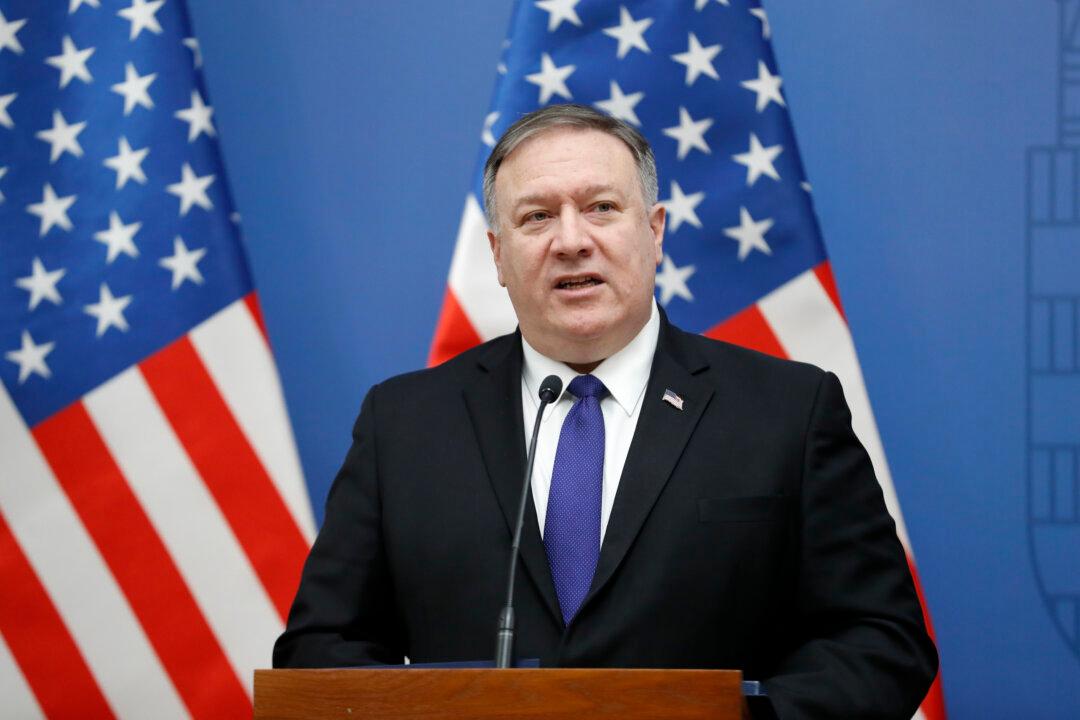Align with the United States, or prepare to risk the security threats that come with accepting the Chinese regime’s investments—that was the message U.S. Secretary of State Mike Pompeo conveyed while on a four-day European tour of Hungary, Slovakia, and Poland that began on Feb. 11.
The three countries are members of Beijing’s “16+1” initiative to intensify cooperation with 16 central and eastern European countries, including in the infrastructure, finance, and technology sectors.





